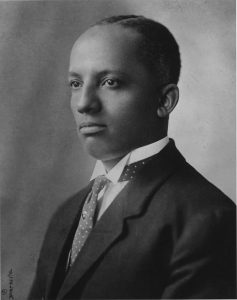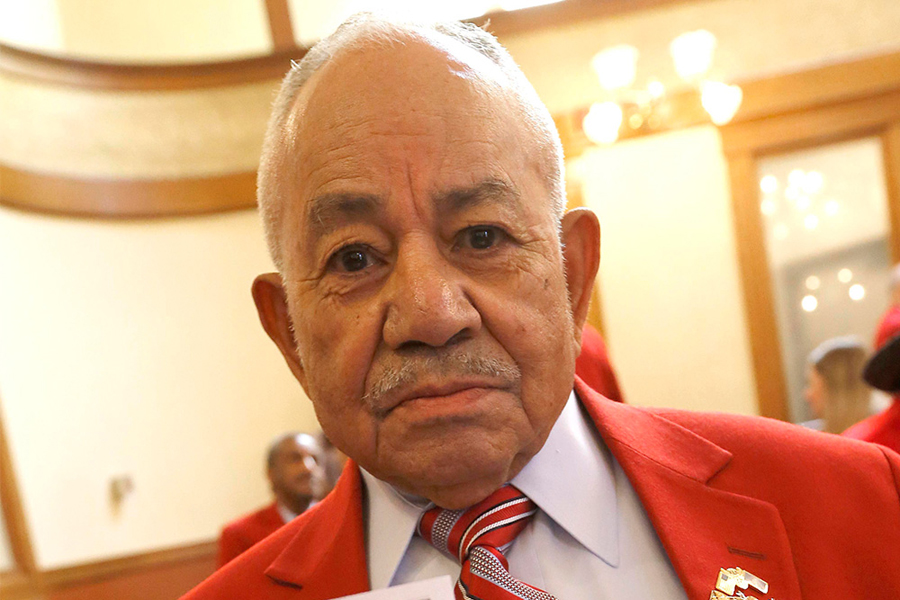Originally created as “Negro History Week”, Black History Month was founded by Dr. Carter G. Woodson in February of 1926. The celebration was extended to last for one month in 1976 by President Gerald Ford as he called on the public to “seize the opportunity to honor the too-often neglected accomplishments of black Americans in every area of endeavor throughout our history”. Thus, Black History Month was establishd and celebrated through the month of February.

So, why did Dr. Woodson choose February? The celebration was first set to fall on a week in February to honor President Abraham Lincoln and famous abolitionist Frederick Douglas as their birthdays were during that time. Dr. Woodson wanted a moment to pause and commemorate the many accomplishments of the African-American community through the many hardships and challenges that befell African-Americans in history, and to show that dreams can be obtained through education and hard work. Black History Month was made to celebrate all the accomplishments and strides made by African-Americans, whether it be through the arts, sports, academics and politics, from Thurgood Marshall, Rosa Parks, Jackie Robinson and Barack Obama, just to name a few illustrious, as well as accomplished, African-Americans to celebrate.
Dr. Woodson deserves great credit due to his many contributions to the African-American community. He was born on Dec. 19, 1875, in New Canton, Va. He was one of seven children and was a sharecropper and miner growing up in order to assist his family. In his late teens, he decided to start high school and proved he was academically gifted when he completed a four-year course in less than two years. After graduating, Woodson pursued further education at Berea College in Kentucky. Before finishing at Berea, he took a job with the U.S. Government as an education superintendent in the Philippines. After holding this role for the government, he later attended the University of Chicago to complete his Bachelor’s and Master’s Degrees. Carter decided to continue his academic career at Harvard University and became the second African-American to earn his Doctorate’s degree from the prestigious university. In 1915, Woodson assisted in establishing the Association of the Study of Negro Life and History, which would later be named the Association of the Study of African American Life and History. In 1916, Woodson would found the scholarly publication Journal of Negro History.
Another individual who deserves great recognition is Arizona native, George W. Biggs. He enlisted in the U.S. Army Air Corps in 1943 at the age of 18. Biggs would later be placed in an elite group of fighter pilots trained at Alabama’s Tuskegee Institute. He would go to pilot B-47 and B-52 bombers in the Korean and Vietnam Wars. In the 1950’s, Biggs was later stationed here at Davis-Monthan Air Force Base and was one of the first African American officers, which helped pave the way for more African Americans to be successful in the U. S. Armed Forces.
In conclusion, whether it be local or nation-wide recognition, all contributions and endeavors, grand or small, made by African Americans should be appreciated and celebrated. Let us not take for granted the opportunities given to us as Americans and to look towards bettering the future.
“For me, education means to inspire people to live more abundantly, to learn to begin with life as they find it and make it better.” — Dr. Carter G. Woodson












